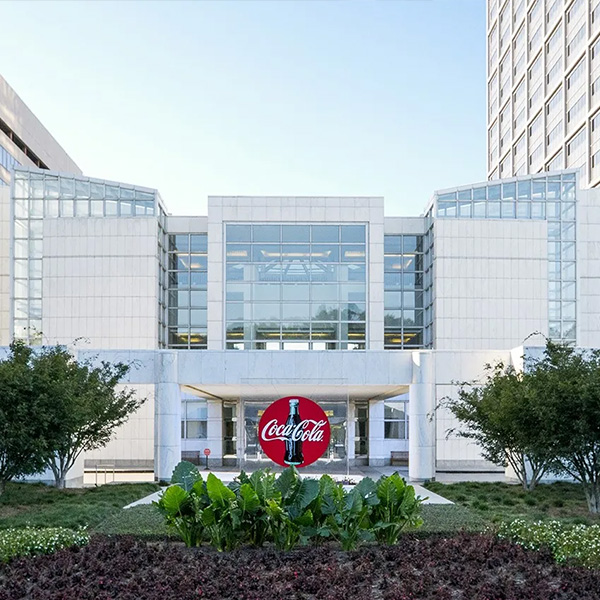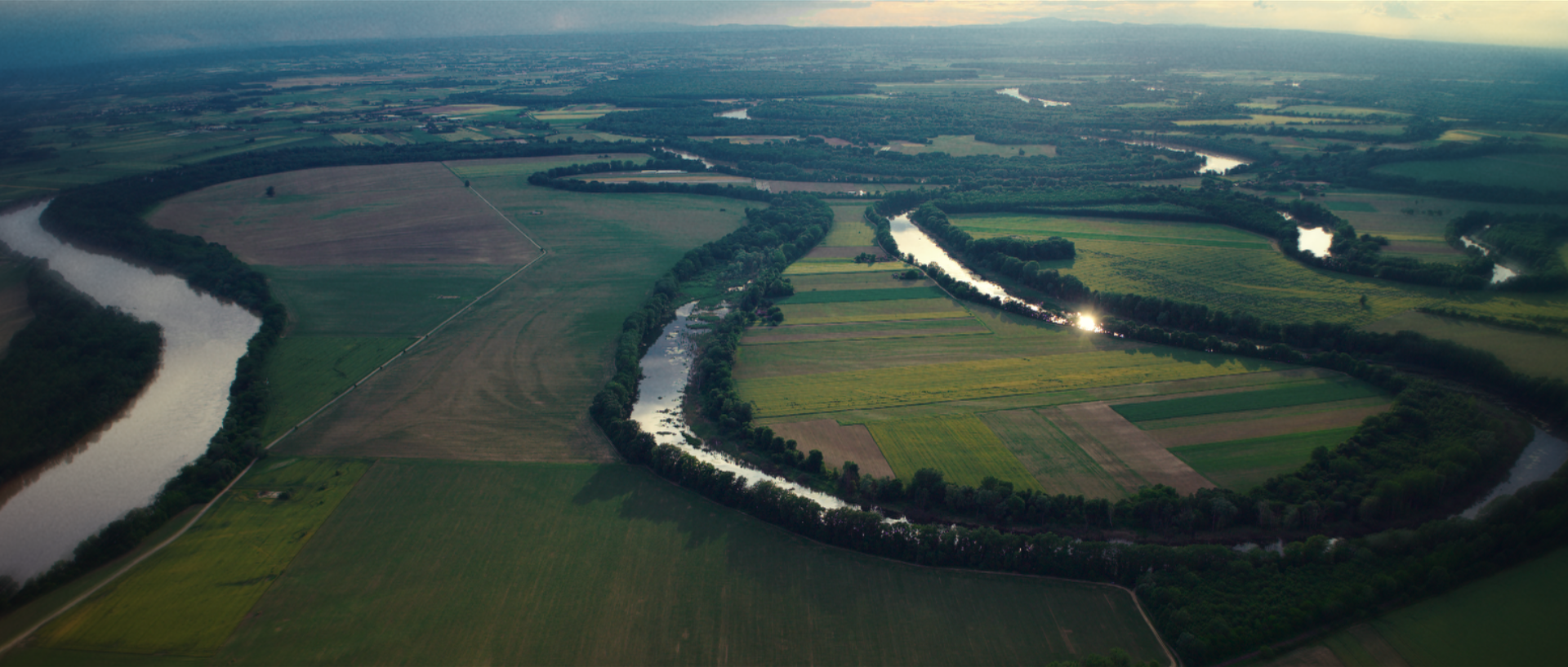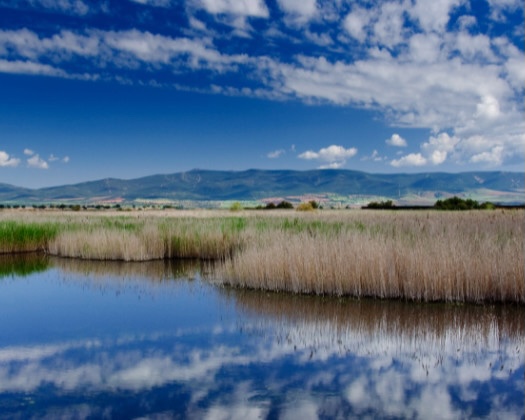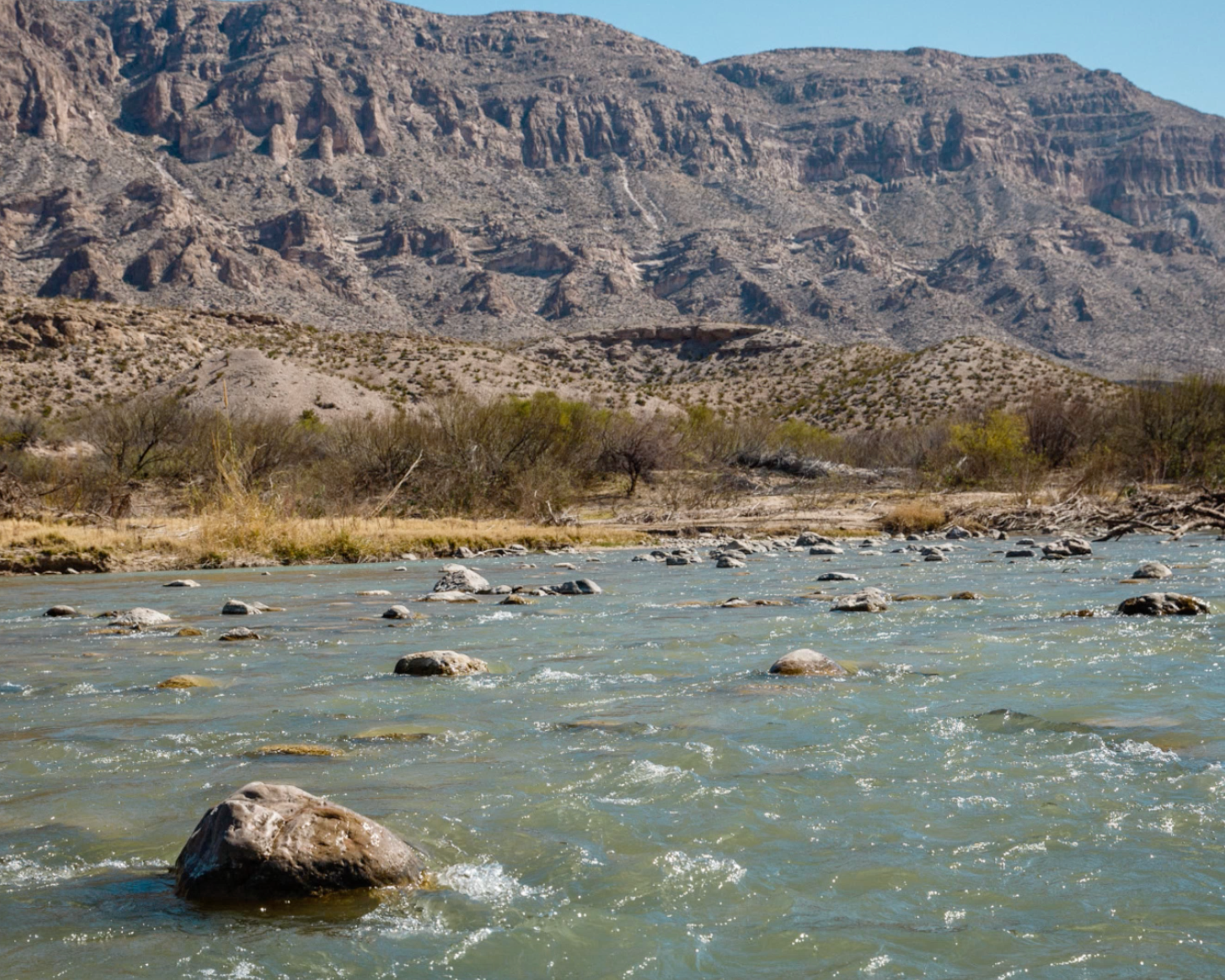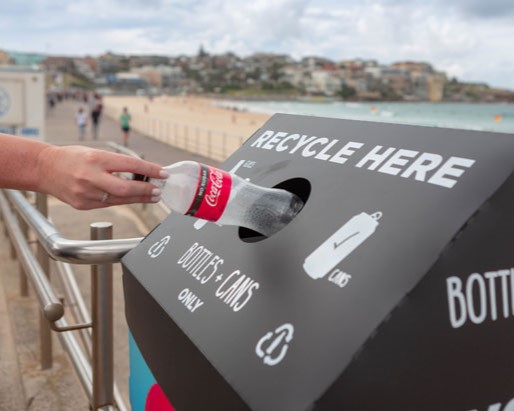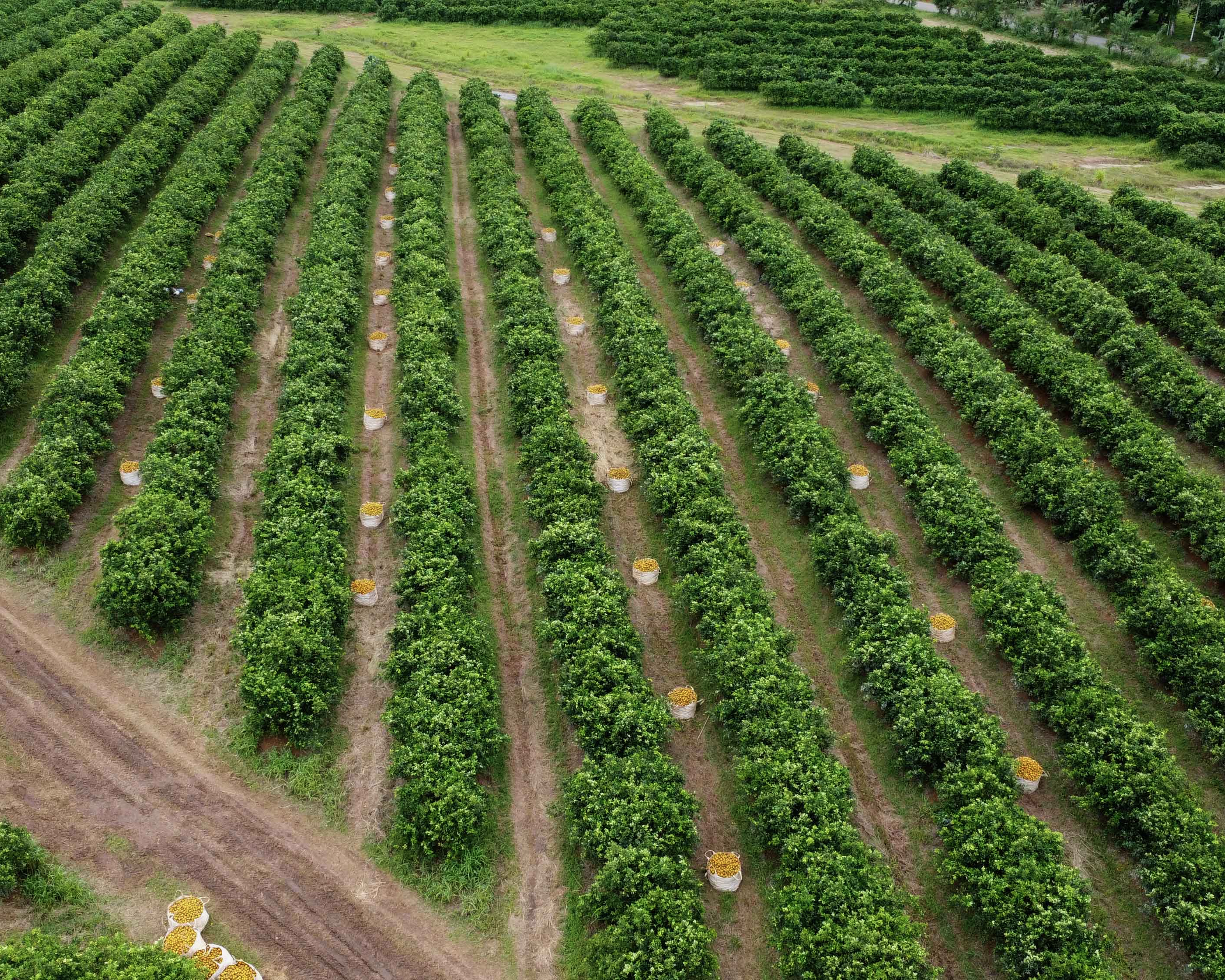As a total beverage company, we are driven by our purpose to refresh the world and make a difference. We aim to grow our business in ways that drive positive change and build a more sustainable future for our planet.
1Locations were identified following an extensive analysis updated in 2024 using the World Resources Institute Aqueduct 4.0 tool and Coca‑Cola system level assessments of each production facility. The Coca‑Cola system is made up of over 200 bottling partners and 950 production facilities. For the assessment of high-risk locations, the number of facilities evaluated was approximately 720 locations as it does not include third-party contracted manufacturers.
2The company will continue to comply with local regulations, including where higher percentages of recycled content are required.
3Excluding the company’s acquired businesses, including BODYARMOR, CHI, Costa, doğadan, fairlife and innocent. The company expects to prepare these businesses for integration into its 1.5°C trajectory over time.
